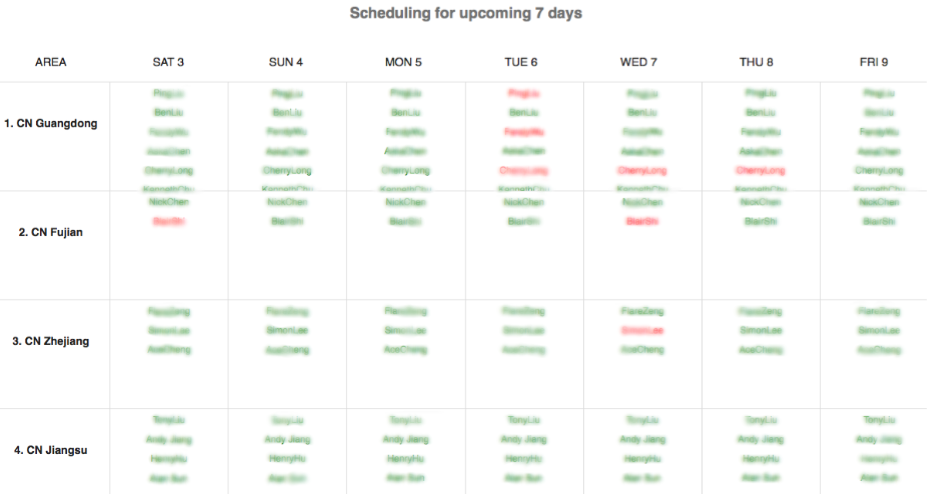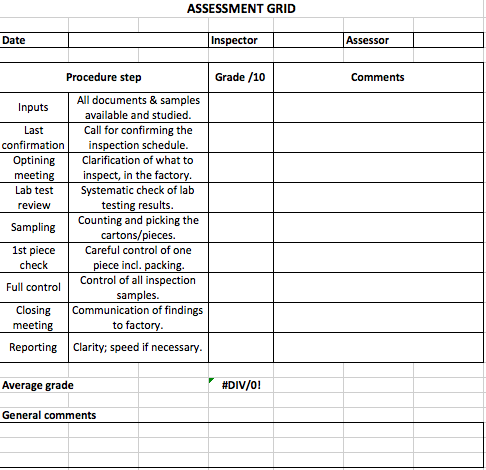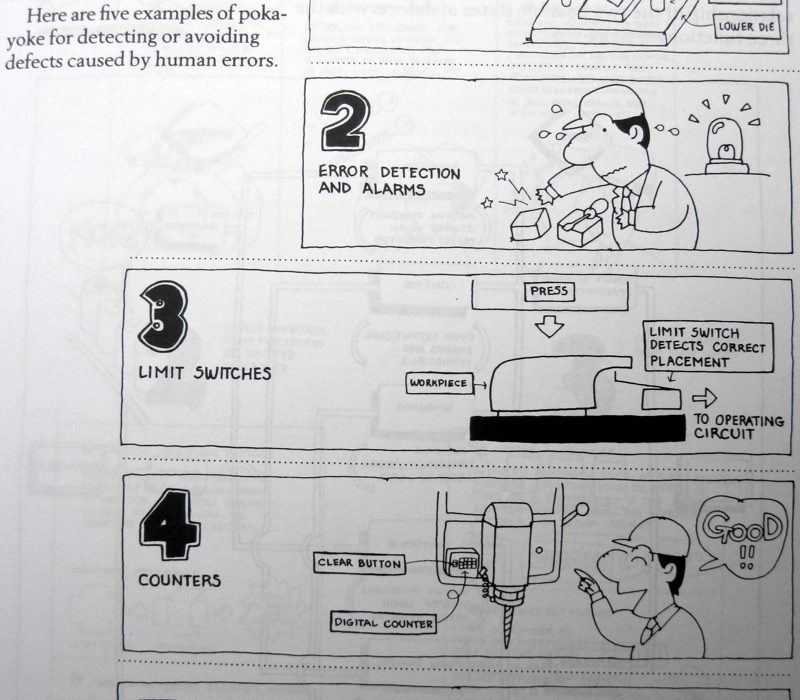Chinese suppliers are often quite flexible when they want a new customer's business. But they often refuse small orders, or orders with a low price, if they are afraid they will be "problem orders". One thing that frightens them is the … [Read more...]
Managing QC Inspectors, Part 8: QC vs. QA
This is the eighth part in the series about the management of QC inspectors in China. Different companies give different job descriptions to their inspectors. I don't think there are "best practices" here, but this is an important topic … [Read more...]
Managing QC Inspectors, Part 7: The Quality Manager in China
This is the seventh part in the series I am writing about the management of QC inspectors in China. Many companies in China have difficulties finding the right quality manager. In particular, it is difficult to find an individual who will … [Read more...]
Managing QC Inspectors, Part 6: Planning the Inspections
This is the sixth part in the series about the management of QC inspectors in China. In my last article on this topic, I mentioned the need to have system to manage the planning. Some companies let factories and inspectors set the … [Read more...]
Managing QC Inspectors, Part 5: Avoiding Bribery
This is the fifth part in the series about the management of QC inspectors in China. I touched on the evaluation of quality inspectors, and it naturally brings up the topic of bribery. How big of a problem is corruption of inspectors in … [Read more...]
Managing QC Inspectors, Part 4: Evaluating their Performance
This is the fourth part in the series about the management of QC inspectors in China. Let's say you have hired the right profile, you have given them the right equipment and the right checklist, and you have provided them with the right … [Read more...]
Managing QC Inspectors, Part 3: Training, Coaching, and Auditing
This is the third part in the series about the management of QC inspectors in China. Let's focus on the activities of training, coaching, and auditing inspectors. A few years ago I listed 7 ways inspectors can fail to notice quality … [Read more...]
Managing QC Inspectors, Part 2: Checklist and Equipment
This is the second part in the series about the management of QC inspectors in China. I am looking at two very important parts of the preparation. Common shortcomings Here are a few issues that I often see: A "golden sample" is … [Read more...]
Managing QC Inspectors, Part 1: The Hiring Process
I am starting a series about the management of QC inspectors in China. Part 1 is about hiring a team of inspectors. I listed before the types of backgrounds of most quality inspectors. But what profiles should you look for, how should … [Read more...]
Benefits of quality control inspections
The question is, are inspections useless? What are the benefits of quality control inspections, if any? As I mentioned in a previous article, more and more importers are switching their focus from standard QC inspections to improving key … [Read more...]






